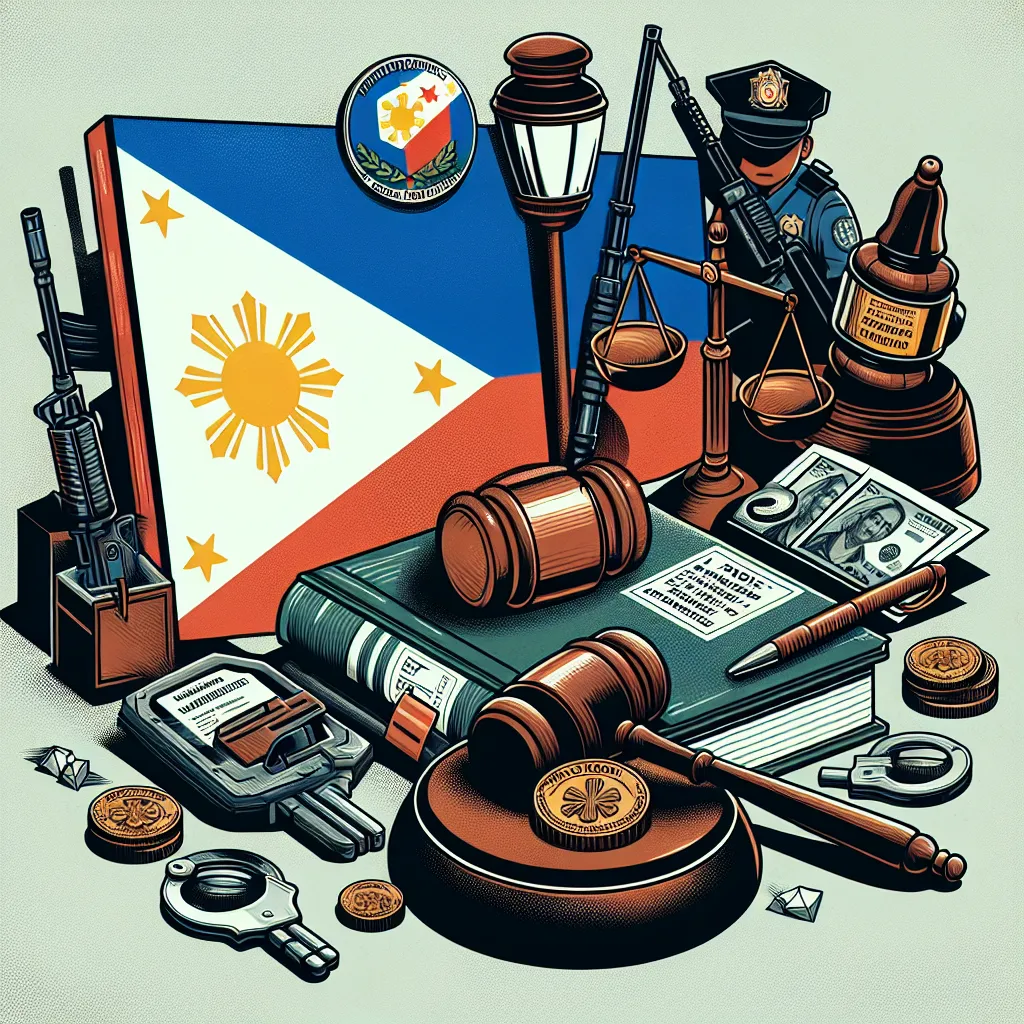Philippine Offshore Gaming Operators, commonly known as POGOs, have grown rapidly over the past few years, becoming a significant segment of the country’s online gambling industry. Catering mainly to foreign clients, particularly from China, POGOs bring substantial economic benefits to the Philippines through licensing fees, taxes, and job creation. However, the rapid expansion of this industry has also led to numerous challenges, especially in immigration and regulatory compliance, resulting in increased government crackdowns aimed at curbing illegal activities tied to the sector.
One of the main concerns associated with POGOs in the Philippines is immigration irregularities. Thousands of foreign workers, especially Chinese nationals, are employed in the POGO industry. Unfortunately, many have been found to be working illegally, overstaying visas, or entering the country under tourist visas but engaging in employment beyond permitted limits. The Bureau of Immigration (BI) has been actively monitoring and investigating these violations, seeking to enforce proper documentation and visa compliance to protect national security and ensure orderly labor practices within the industry.
The Philippine government, growing wary of these issues, has intensified its immigration enforcement operations. Immigration checkpoints have been strengthened, and periodic raids on POGO offices have led to the apprehension and deportation of thousands of foreign nationals found violating visa terms. The government’s zero-tolerance policy aims to regulate the influx of overseas workers, ensure that operators comply with labor laws, and prevent any possible associated criminal activities such as human trafficking or money laundering.
Beyond immigration concerns, POGOs have been under increased scrutiny due to other regulatory challenges. Allegations of illegal gambling, tax evasion, and involvement in illicit activities have resulted in several high-profile government crackdowns. The Philippine Amusement and Gaming Corporation (PAGCOR), which licenses and regulates POGOs, has suspended or revoked permits from operators failing to comply with strict guidelines. These measures have been put in place to protect the integrity of the gambling industry and shield the country from reputational risks and financial crimes.
The crackdown on POGOs has had multifaceted effects. While helping curb abuses and illegal operations, it has also led to economic uncertainty within the industry. Many operators have scaled down operations or exited the market entirely due to the tightened regulatory environment. This contraction affects revenue, employment, and ancillary businesses, causing government officials and stakeholders to seek a balance between strict enforcement and sustaining the economic benefits POGOs bring.
Social issues connected to POGOs have further motivated stricter governmental actions. The presence of large numbers of foreign workers has sometimes generated tensions in local communities, with reports of criminal incidents and cultural clashes occasionally surfacing. Additionally, the demand for housing and other resources has placed strain on some urban areas, fueling public calls for improved oversight and responsible management of the POGO sector.
The international dimension of the POGO situation cannot be overlooked. Chinese nationals constitute the majority of the POGO workforce and clientele. Consequently, the Philippine government collaborates with Chinese authorities to address illegal work permits, repatriations, and cross-border crime associated with online gambling. Joint efforts to dismantle transnational networks facilitating illegal gambling have underscored the importance of diplomatic engagement in managing POGO-related issues.
In response to these concerns, the Philippine government has adopted policies that include stricter visa issuance controls, mandated cooperation between POGO operators and law enforcement agencies, and transparent reporting mechanisms to monitor financial transactions. These efforts signify a comprehensive approach to regulating POGOs, aiming to uphold legal standards while sustaining their economic contributions.
In conclusion, the POGO industry in the Philippines presents a complex landscape of economic opportunity intertwined with challenges in immigration control and regulatory enforcement. The government’s intensified crackdown reflects the urgency of addressing illegal activities and safeguarding national interests. Moving forward, a balanced strategy that combines effective regulation, international cooperation, and community engagement will be essential to ensuring that POGOs can operate within a legal, transparent, and responsible framework, benefiting the Philippines without compromising security or social harmony.




